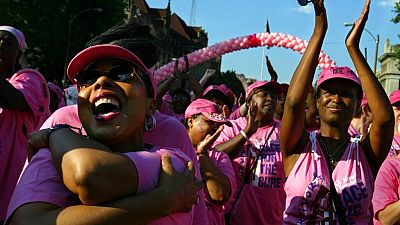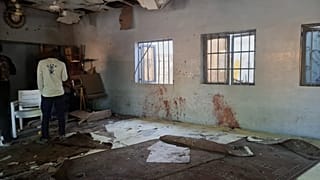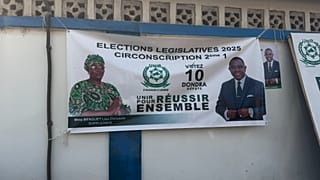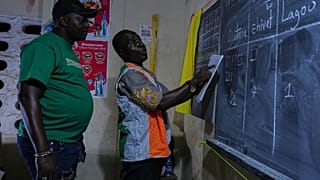Pink October
African women are often heralded as the backbone of the continent’s economies, playing a pivotal role in sectors like agriculture and small businesses. Their efforts are vital to feeding communities, creating jobs, and driving economic growth. However, gender inequality and limited access to healthcare continue to limit their full potential. Without addressing these inequalities, Africa risks stalling its progress towards economic prosperity.
The World Bank projects that closing the gender gap could boost Africa’s GDP by $2.5 trillion by 2025. Achieving this, however, will require more than policy reforms. It demands collective action to address the challenges African women face—chief among them is access to quality healthcare. Universal healthcare access is not only a moral imperative but a fundamental pillar for economic growth.
As Kamel Ghribi, President of GKSD and IRCCS (GSD), points out*, “*A nation’s health is its wealth.” Ghribi emphasizes that investing in women’s health is key to uplifting not only women but entire communities and nations. Women’s contributions to securing food, water, and education for their families directly impact Africa’s economic and social fabric.
This point is particularly relevant during October Rose, the global breast cancer awareness month. Breast cancer remains one of the leading health challenges for African women. Despite the critical role women play in sustaining economies, many still lack access to early detection and treatment for diseases like breast cancer. GSD and GKSD underscore that prevention is crucial, and healthcare systems must prioritize research, training, and universal access to care. In GSD hospitals, free visits and controls are offered during October. Senology, gynecology and nutrition are the main prevention pathways designed for women of different ages.
The healthcare challenges that African women face also have long-term economic consequences. According to the World Health Organization, women's health is not only a healthcare issue but a human rights issue. Africa’s population is expected to reach 2.4 billion by 2050, and without robust healthcare systems, the continent will struggle to address chronic diseases, health emergencies, and infectious outbreaks.
Women make up just over 50% of Africa’s human resources, meaning that safeguarding their health is critical for regional economic development. Ignoring their healthcare needs not only endangers individual lives but also threatens the well-being of families, communities, and entire economies.
As Ghribi highlights, collaboration between African governments and private stakeholders like GKSD is crucial. Building healthcare infrastructure that can address women's specific health needs—such as prenatal, postnatal, and cancer care—is fundamental to ensuring that African women can continue contributing to their economies. These efforts require finding the right partners and investing in long-term, sustainable solutions.
In the spirit of October Rose and beyond, the call for universal healthcare access for African women must be amplified. Early diagnosis is the key to preventative healthcare and is crucial for detecting potentially harmful diseases. Diagnostic procedures show pathological changes that require further evaluation and treatment to prevent death.
A focus on propping up the healthcare sector can open job creation and make significant impact on the economic sustainability of the country. Limited access to health care facilities, lack of adequate personnel and expertise to address the medical needs combined with poor infrastructure are almost too common on the continent. Closing the healthcare gap will empower women to thrive, ensuring that their contributions to Africa’s economies are not only recognized but sustained for generations to come. African women, the true backbone of their economies, deserve equitable healthcare to safeguard their futures and the future of the continent.














Go to video
Kenya’s Nairobi county approves paid menstrual leave policy
01:09
Women Fleeing Sudan’s Al-Fashir Report Rape, Killings and Child Disappearances
Go to video
Pink October campaign brings free cancer screenings to women in Fez Province
01:47
Nigeria faces maternal health crisis as deadliest country to give birth
00:52
The Gambia: Baby death sparks outrage over female genital mutilation
Go to video
Sudanese midwives deliver hope amid war and ruin